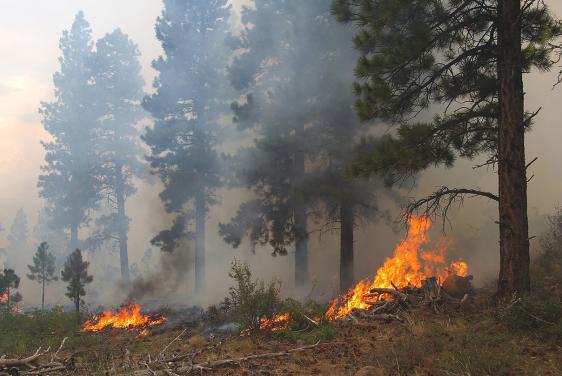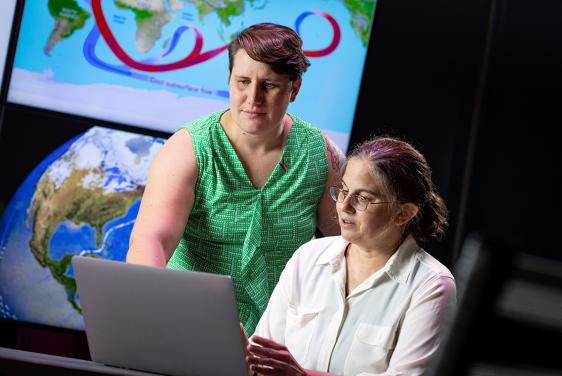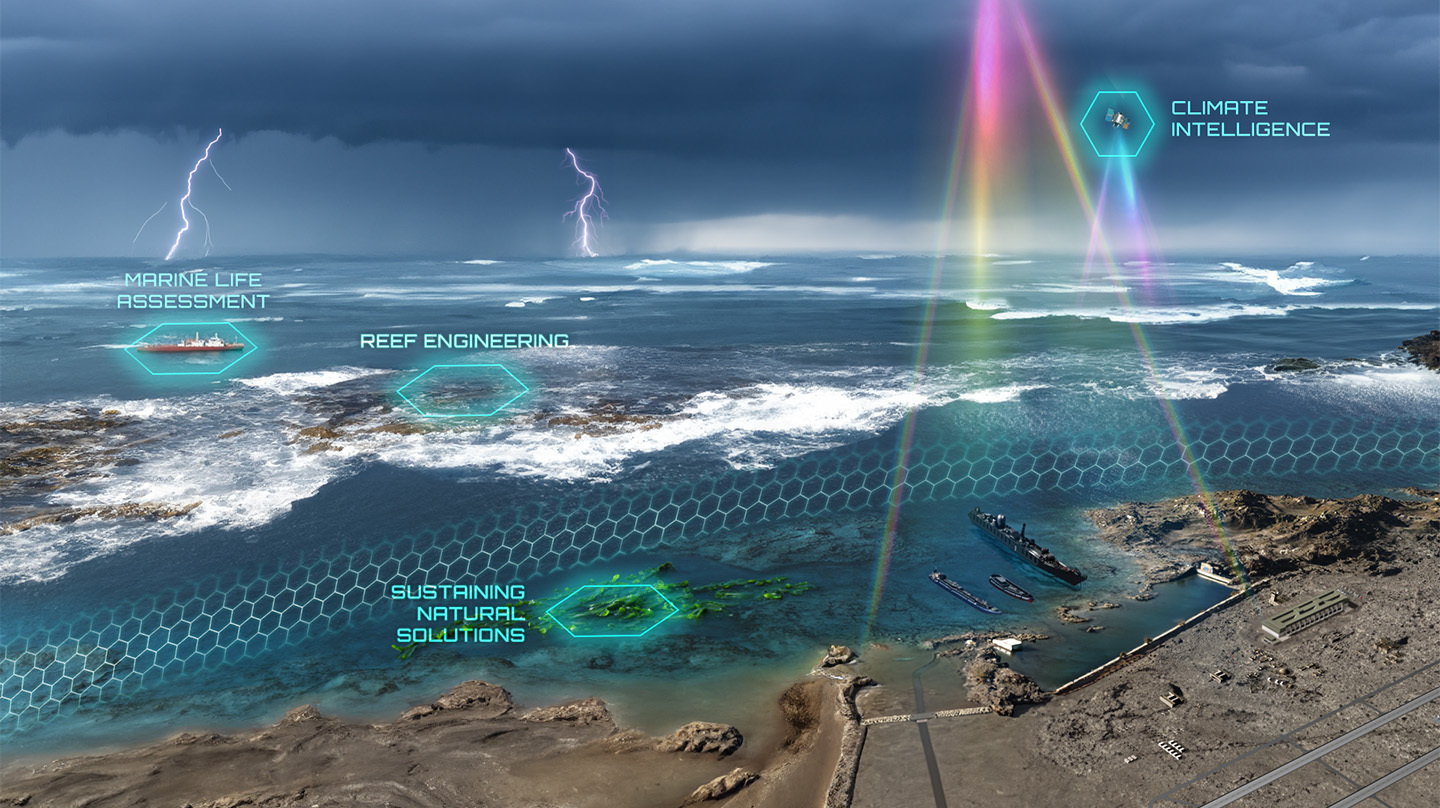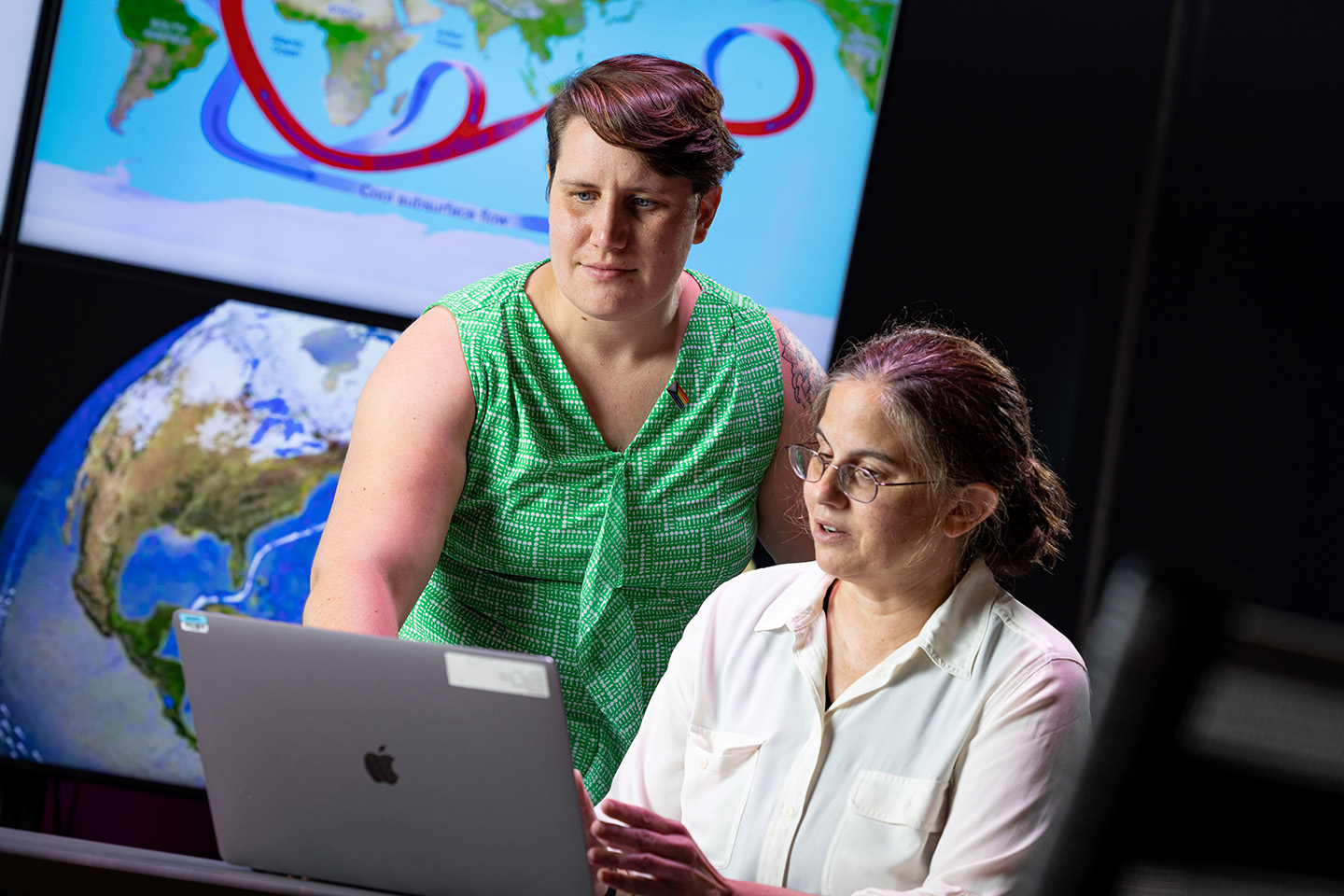Our Contribution
APL engineers and scientists are building novel artificial intelligence (AI) capabilities to address the emerging national security challenges arising from interacting earth systems. With recent advances in generative AI and physics-constrained machine learning as well as increased remote sensing sources, there are new opportunities to continue to advance AI research toward addressing climate-related challenges for our nation and the world. Visit APL’s Climate Security page to learn more about how the Lab is bringing all of its core competencies to bear on this critical challenge area.
















